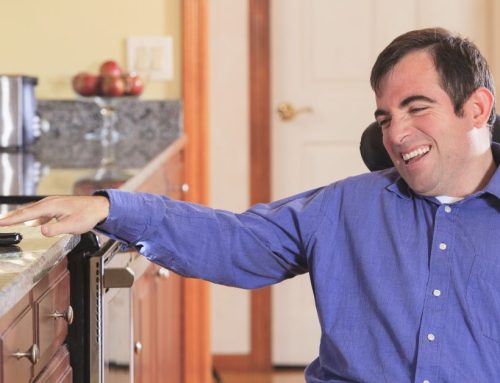Caregiver burnout is a common phenomenon that occurs when a caregiver becomes overwhelmed by the demands of caring for someone else. This can happen to anyone who provides care to a loved one, whether it is a parent caring for a child, a spouse caring for a partner, or an adult child caring for an elderly parent. The stresses that carer experiences can have serious consequences for both the caregiver and the person being cared for.
In this blog, PWD Care, one of the known NDIS short term accommodation providers in Melbourne, will explore the causes of caregiver burnout and some ways to prevent it.
Causes of Caregiver Burnout
Carers feel burnout can be caused by the stress and demands of caring for someone else. Caregivers often experience feelings of guilt, exhaustion, and isolation, which can lead to burnout. Some of the factors that can contribute to caregiver burnout include:
Lack of Support
Caregiving can be a lonely and isolating experience, especially if the caregiver is providing care around the clock. If the caregiver does not have a support network or access to respite care, they may become overwhelmed and experience burnout.
Financial Strain
Caregiving can be expensive, and many caregivers find themselves struggling to make ends meet. This can add to the stress of caregiving and make it more difficult to cope.
Emotional Stress
Caregivers often experience a range of emotions, including guilt, anger, and sadness. These emotions can take a toll on the caregiver’s mental health and lead to burnout.
Ways to Prevent Caregiver Burnout
Fortunately, there are many ways to prevent caregiver burnout. Here are some tips for professional support workers or family carers:
- Take breaks: Caregivers need to take breaks to recharge and take care of themselves. This could be as simple as taking a walk, reading a book, or going to a movie. Availing respite services such as short term accommodation is also a great option for caregivers who need a longer break.
- Ask for help: Caregivers should not be afraid to ask for help from family members, friends, or professionals. There are many resources available to caregivers, including support groups, counseling services, and home health care providers.
- Set boundaries: Carers need to set boundaries to prevent burnout. This could mean saying no to additional responsibilities or setting limits on the amount of time spent caregiving each day.
- Practice self-care: Caregivers need to take care of themselves both physically and mentally. This could include exercise, healthy eating, getting enough sleep, and engaging in activities that bring joy and relaxation.
- Seek professional help: If caregivers are experiencing symptoms of burnout, such as depression or anxiety, they should seek professional help. A mental health professional can provide support and guidance to help the caregiver cope.
In conclusion, caregiver burnout is a common issue that can have serious consequences for both the caregiver and the person being cared for. Fortunately, there are many ways to prevent burnout, including taking respite, asking for help, setting boundaries, practicing self-care, and seeking professional help. Caregivers need to prioritise their own well-being in order to provide the best care for their loved ones.

Carer’s Best Partner
If you are a carer at home or at work, you can rely on PWD Care to give you quality and flexible respite care. We understand your personal and professional needs because we care. Let us take over your caring responsibilities by availing our available respite services and accommodation listings in Melbourne. Call PWD Care today to start the break you deserve!












Leave A Comment